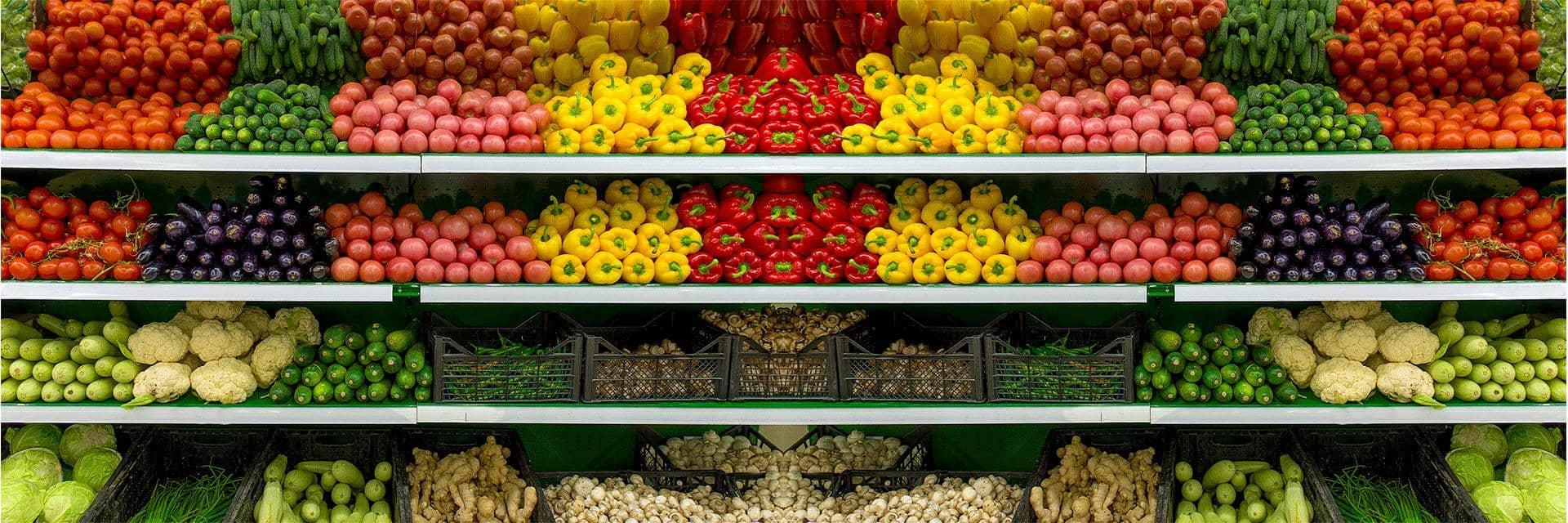
Connecting you to a sustainable future
Barclays believes that businesses can make a real contribution to tackling climate change and that we have a key role to play in helping to accelerate the transition to a low-carbon economy.

How the Co-op Group’s 175-year commitment to purpose is helping it tackle today’s ESG challenges collaboratively.
Structured as a co-operative from the day it was founded, purpose has been at the very heart of the Co-op Group’s activities throughout its 175-year existence.
“We were born with a purpose; the Co-op came into being because there was a need for a co-operative out there and there was a response from people,” explains Barry Clavin, Senior Ethics and Sustainability Manager, Co-op Group. “Purpose has always been central to who we are, our identity, and why we exist.”
Today, the Co-op Group’s commitment to purpose is driving its ethical and sustainability vision, which, Clavin explains, encompasses three core elements under the umbrella objective of ‘Co-operating for a Fairer World’.
Purpose has always been central to who we are, our identity, and why we exist.
Senior Ethics and Sustainability Manager, Co-op Group
“We refreshed our vision statement a couple of years ago, so it recognises our purpose as co-operating for a fairer world,” he says. “Within that, there are three elements: we’re going to make things fairer for our colleagues, making sure they get a fair deal and ensuring they can fulfil their potential. We’re going to make life fairer for our members and communities – focused on providing fair access to food, to mental wellbeing support and to education and employment for young people. And we’re going to be fairer for our world – focused on addressing the challenges and opportunities in tackling carbon reduction and sustainable sourcing.”
That statement is the culmination of two decades of environmental and sustainability activity, Clavin explains – a period that has seen some significant achievements. In the past 18 months alone, the Co-op Group has brought forward its net zero greenhouse gas emissions target by 10 years, to 2040 at the very latest; colleagues from across the business have invested 90,000 hours supporting communities; and the Group donated £3.5m to help tackle food insecurity during the pandemic.
However, as Clavin adds, the Co-op’s commitment doesn’t stop there – and this year has also seen the launch of a new commitment to further tackle climate change.
“This year, we launched our 10-point climate plan, designed to deliver a broad, holistic approach to how a business like ours should position itself in terms of the climate challenge.”
Among other commitments, the plan includes a promise to match the pricing of own-brand plant-based ranges with meat-based equivalents, to support sustainable and more balanced consumption.
“Alongside this, there has been a real resurgence in terms of our appetite to get on the front foot once more with campaigning,” he adds. “And for us, campaigning is all about trying to change the dial, including changing the dial of consumers, of general public customers, and of our four-and-a-half million members. It’s about trying to move things forward and be a progressive business.”
With a diverse set of businesses within the Group – the Co-op is active in food retail, insurance, funeral services, and pharmacy – Clavin says it’s important the organisation makes ethical and sustainability issues accessible, and important, to all.
“We do have incredibly long, complex supply chains in the food system, obviously, and we operate in a number of different sectors,” he explains. “So we have to think about how we can make sure our sustainability agenda isn’t owned and driven exclusively by a single sustainability team. Because when you have 70,000 colleagues, having just 20 people driving an agenda will not move that boulder very far or very fast.
“It doesn’t matter which part of the business you’re in, there is a potential for you to have a role to play on this particular agenda,” he adds. “When it comes to climate, you’ve got a role to play and you can make a difference. So, having that understood and appreciated in the first instance is a huge step forward in terms of how you embed it. And it’s also important to give those individuals the license to be creative in those areas.”
In addition to ensuring ethics and sustainability are embedded across the Co-op Group’s businesses, Clavin is also determined that firms across sectors come together to fight for the cause – rather than trying to “compete” for success stories. If they do, he says there is opportunity to be had for all.
“We are firmly of the opinion that you’ve got to embrace the challenge of climate as an opportunity – a chance and to rethink your model in terms of what it will look like over the next five, 10, 15, 20 years,” he says. Businesses that continue to be in denial or try to react against the need to decarbonise rapidly and responsibly over the coming years will struggle.
“And we do see it as an opportunity – to grow our business; to be more successful; to produce better, more sustainable products; to operate cleaner, greener stores; to engage better with the communities in which we operate; and to have fairer supply chains.
“If you embrace that, instead of always worrying about the drag or the cost of the transition that we’re going to have to go through, I think the mindset of the business just changes,” he adds. “We have to embrace the change culturally. And that does mean massive changes throughout everything that we do.”
Read related insights

Barclays believes that businesses can make a real contribution to tackling climate change and that we have a key role to play in helping to accelerate the transition to a low-carbon economy.